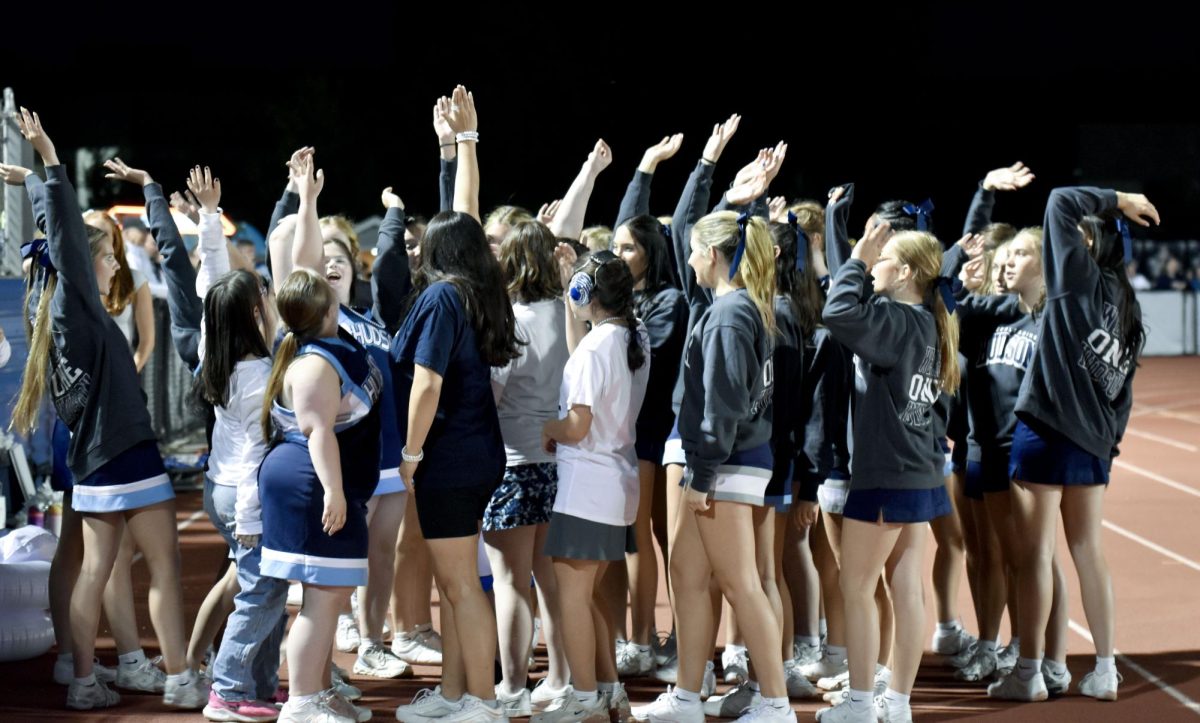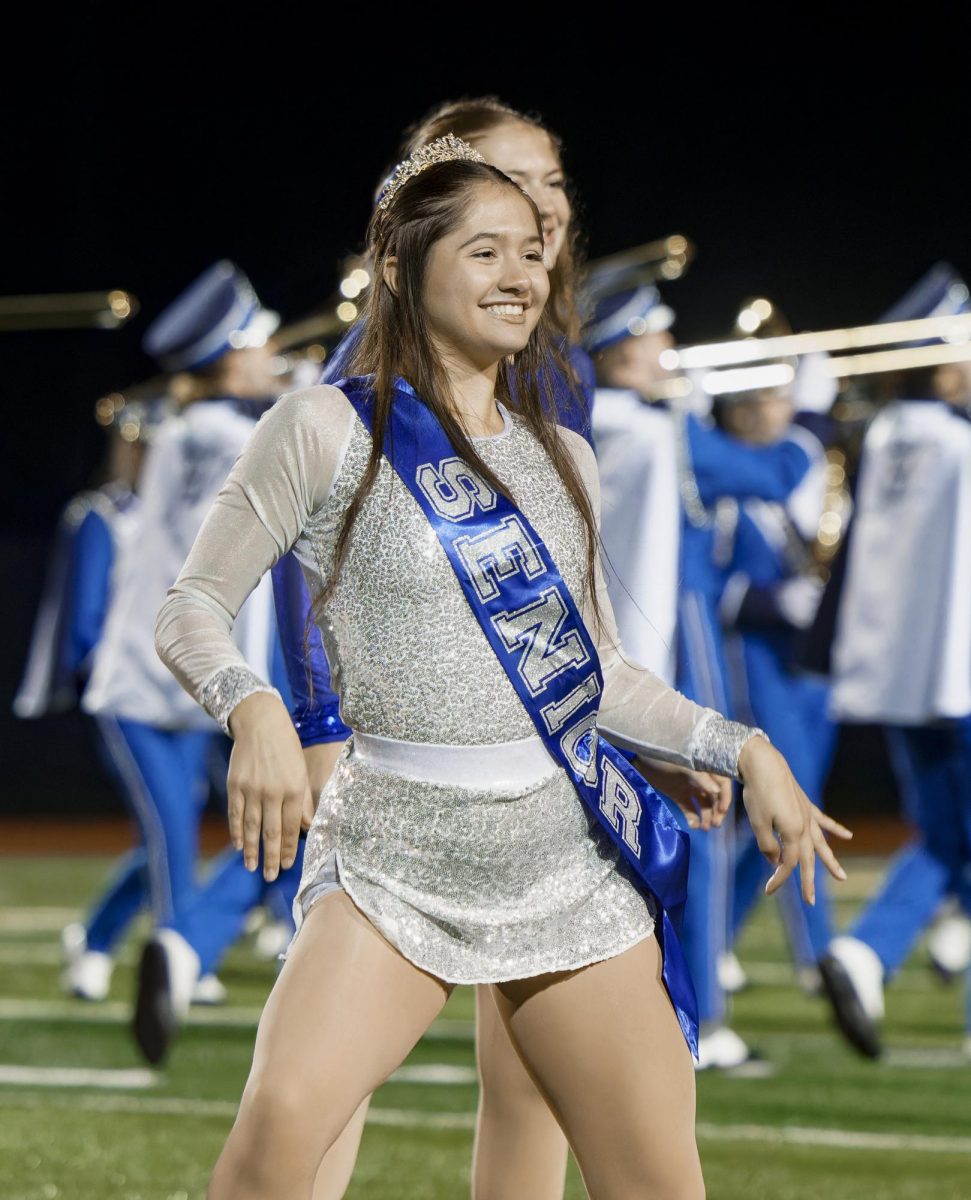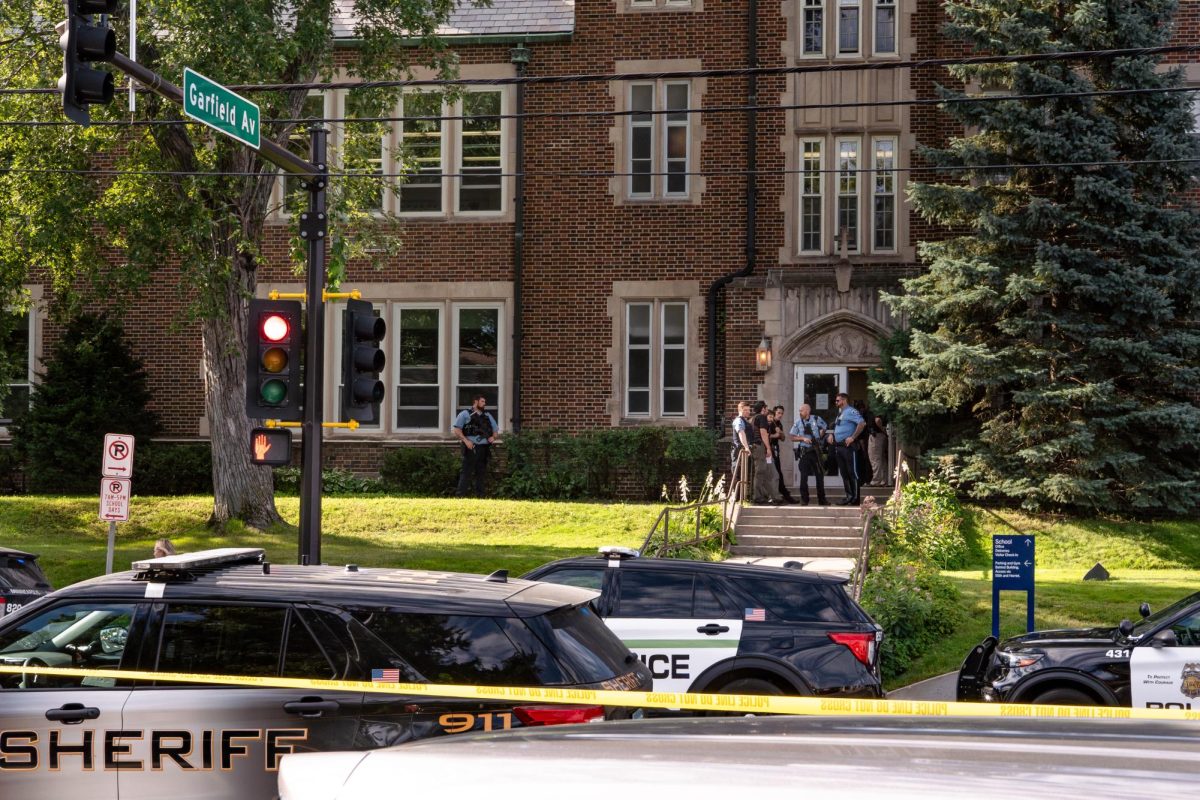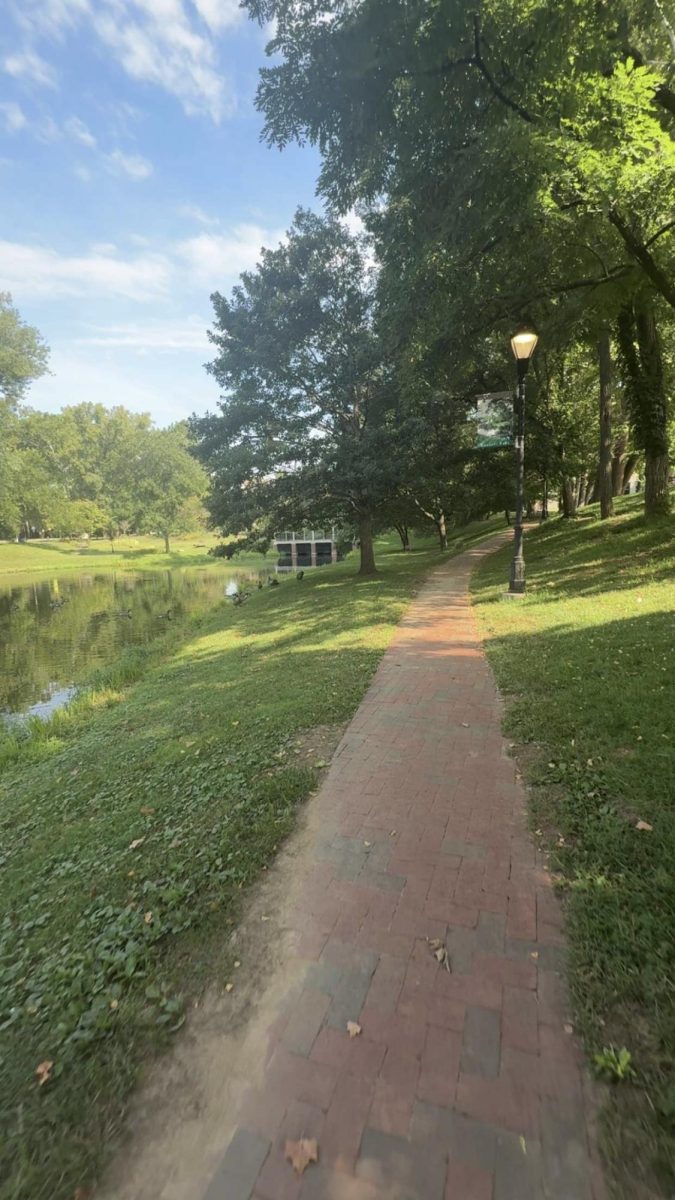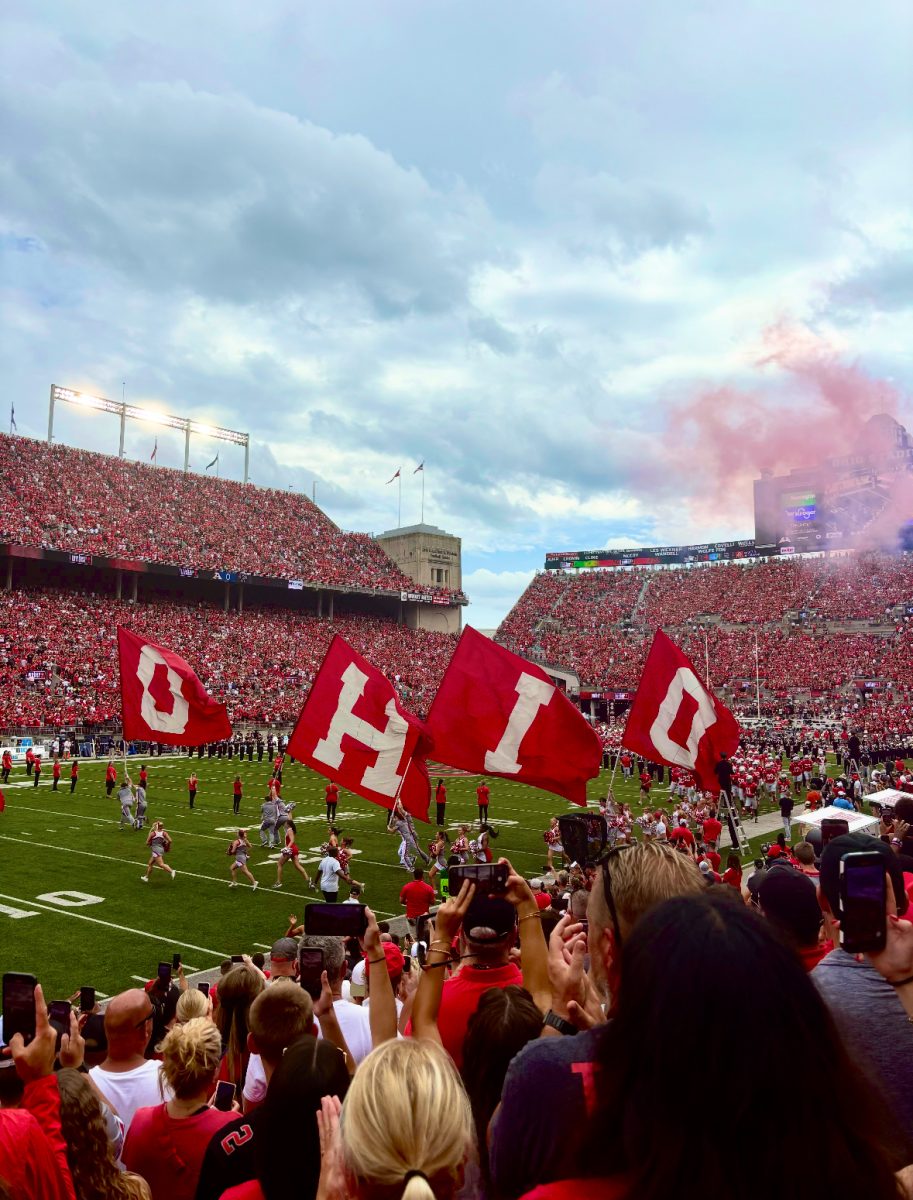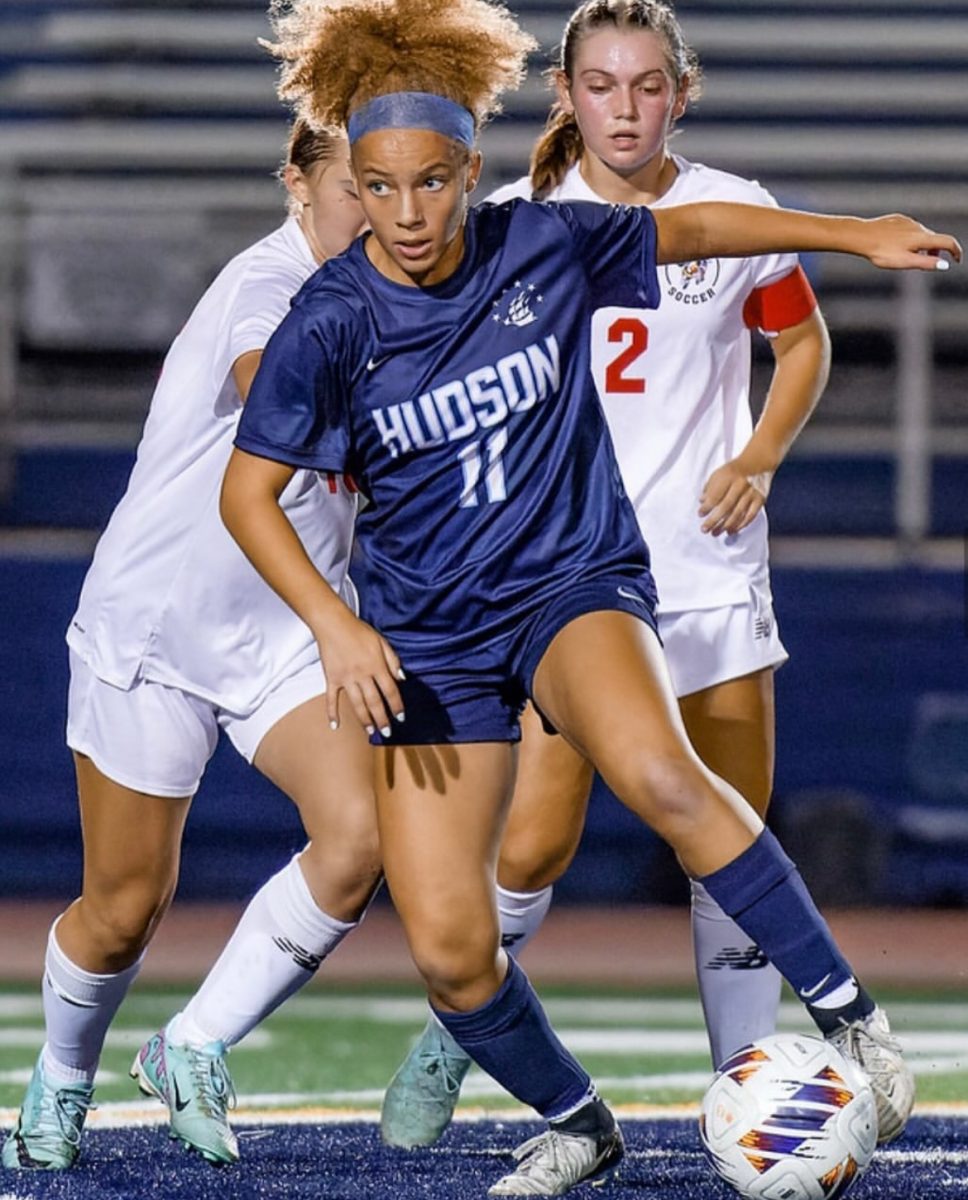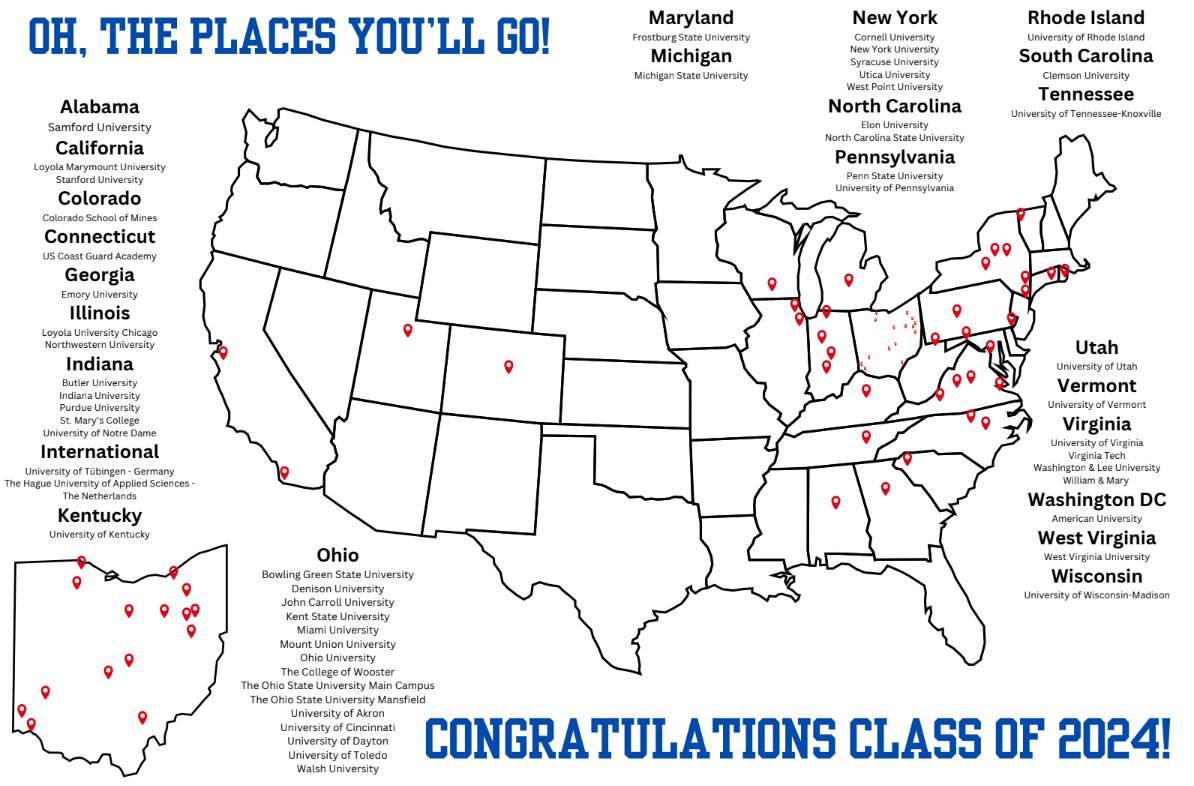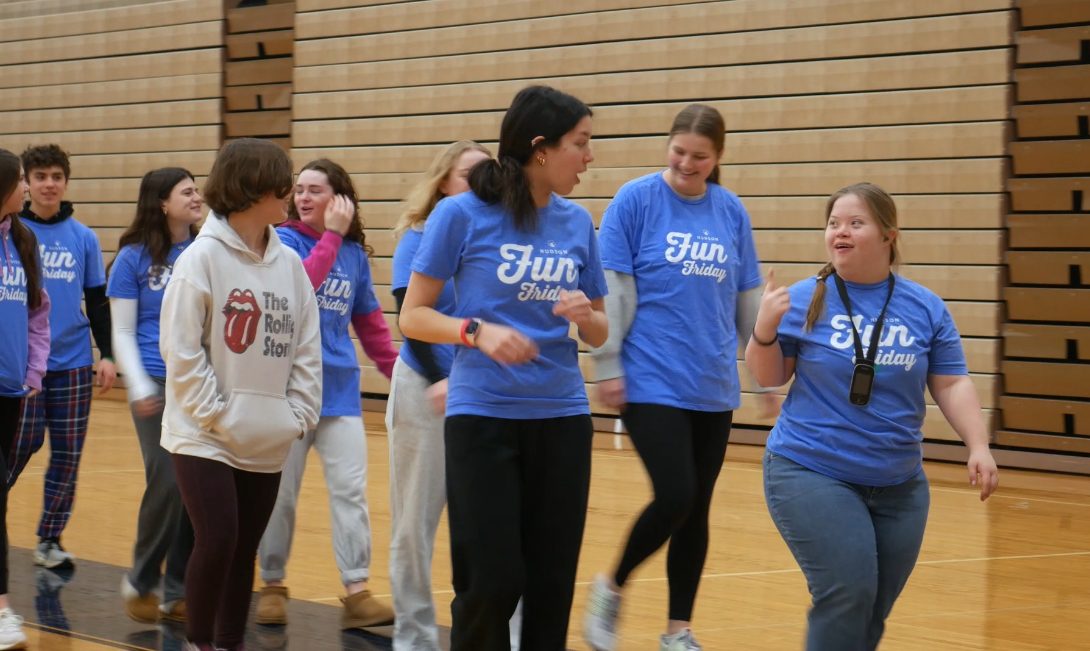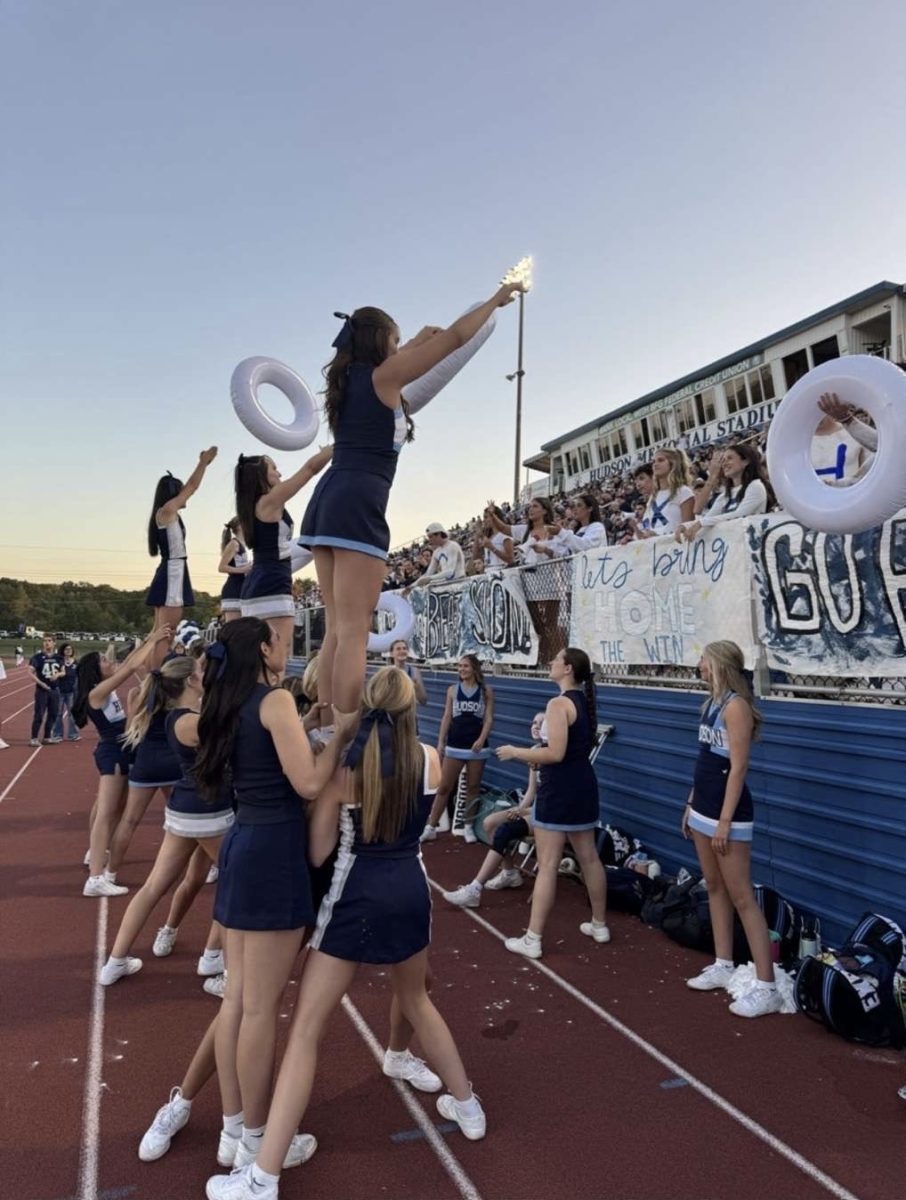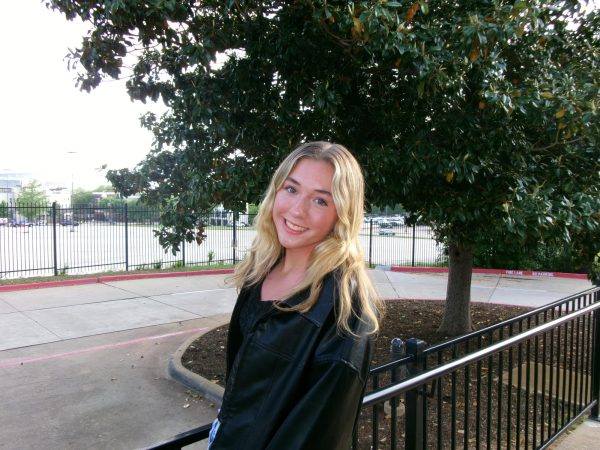With bad weather and many storms throughout the winter months this year, students are met with days off. At Hudson, students had their share of days off over the winter months, but the amount of time did not align with the days off that other schools.
The decision to call a snow day ultimately falls on the superintendent. The superintendent at Hudson City Schools is Dana Addis. Addis took this role in the spring of 2022, which was previously filled by Phil Herman for 16 years. Both Herman and Addis had similar standards for calling days off, as there has been no significant change in the number of snow days in the past few years.
Depending on the weather conditions, such as more snow accumulation or dangerous tempatures, the decision for a day off changes due to different factors being considered. Addis says he typically uses the National Weather Service to help make his decision, along with communicating with the rest of the Hudson City Schools staff and other districts to make the best decision.
For snow days, Addis shares that they are driven by forecasts, reports from the city and maintenance team and the timing of the snowfall. Ice is also typically a factor for snow days, as it can cause roads to be difficult to navigate since they can become slick. As snow can be cleared off roads, ice can take a long time to melt with ice, and it is hard to judge.
For cold days, Addis shares, the district begins looking at the possibility of a day off if the temperatures look to reach -10 degrees. Anything between -10 to -15 degrees triggers a strong conversation for Addis and other Hudson City School Representatives about having a day off. Anything under -15 degrees will always be called off.
Although some days that the school has had off have aligned with those of neighboring schools, there have been days that have not. With each superintendent being the main person in charge of calling the days off, they often contact each other, but as seen by the differing number of these days off, their decisions do not seem to affect each other.
This year, on January 23rd, Northeast Ohio was met with terrible ice. Particularly in the morning, roads and sidewalks were coated in the ice. Nearby schools such as Nordonia, Stow, and Twinsburg all had two-hour delays. Other schools, like Seton Catholic in Hudson, are completely closed for the day. Despite all surrounding schools being closed, Hudson stayed open.
As of right now, the decision directly relies on Addis. He shares, “When you become a Superintendent, you must realize that some decisions will not be agreed upon by everyone, so I try to make my decision on snow days and move on. I fully realize and agree that some will think it is smart while others think it was unnecessary.”
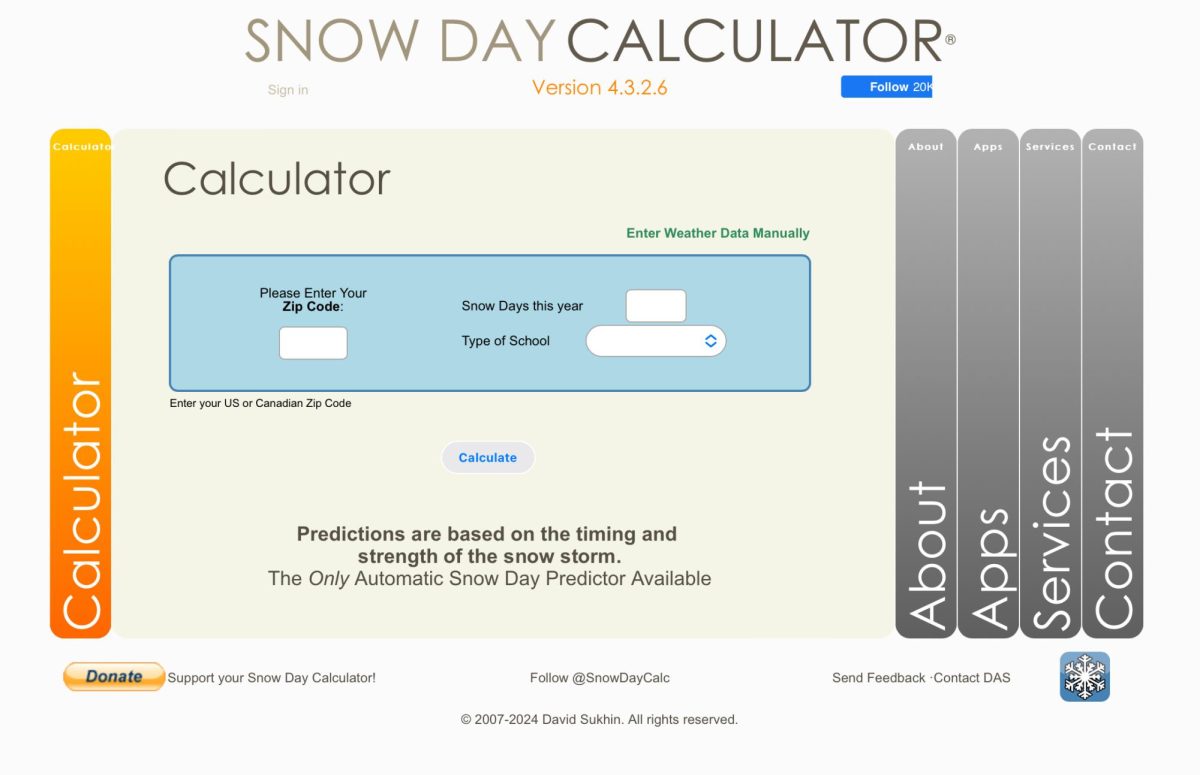
Sophomores Natalie Bright, Madeline Halford and Thomas Eismon at Hudson High School all share their input on snow days.
“I think so far this year it hasn’t been too unfair. There was a certain day [January 23] in which I thought it was unfair that other surrounding schools had off and not us,” Bright shares.
Halford contradicts this, sharing, “I think so far this year we got almost an extra day where the conditions weren’t as bad as predicted.”
These two opinions show the diversity of the thoughts people in the district have on weather days. They also display the difficulty of calling days correctly, as Hudson citizens will always have differing ideas on what should be done.
Eismon adds, “I live very far away from the school, so it can be more difficult for me to get here especially with weather related problems. I am forced to leave much, much earlier on days with snow in the forecast.”
Students living on the edge of town and far from the schools need to consider their routes to school when weather days and delays are called since not all students have the same easy access to the school.
Bright also mentions she was a fan of the way Superintendent Addis called the cold day on January 17th and the snow day on January 19th. “I think that it should be a rule for schools to call off the night before. It is unfair to parents who have children at the elementary school who might need babysitters for the children or need to call off work early to be with their children for the next day.”
Another argued topic pertaining to days off is if the superintendent should be the only one making the final decision. The majority of Hudson students shared that they think having the Superintendent making the final decision is a good idea, but they do agree that there should be more people giving their input as well. The current system honors this well, as Addis shares that he is always in contact with the school board and other staff in the district.
The most speculated reason for uncalled weather days is that schools have met or are close to meeting their maximum amounts of days missed. This could still be argued, but recently, Ohio Schools have moved to missable hours. There previously was a rule in place setting a maximum of five calamity days, but there is now a set of 1,001 hours that High School students are required to attend school.
Since 2020, when the COVID-19 pandemic hit, there has been much more banter about whether or not schools should go online during calamity days. While it would allow for no days to be missed, it still remains a challenge for teachers to plan online work for students with only a few hour’s notice. Snow day predictors and calculators are also commonly used by students to forecast whether or not snow days will be called; however, this proves inaccurate. The decision cannot be determined by online websites as it is up to the school. These websites simply use online information about weather and location to predict the call, but even if the predictor says 99.99%, the Superintendent can choose to keep the school on. These websites and apps falsely boost the hopes of students and provide no real information to depend on.
The clear reason for the number of days off Hudson gets is due to the services in Hudson that clear snow and make the roads accessible. Although the decision is directly chosen by Addis, the factors going into his decision are what makes his choices different from other schools. The system does not prove to have any correlation with the number of previously missed days but directly with Superintendent Addis’s decisions on the safety of students and staff.




